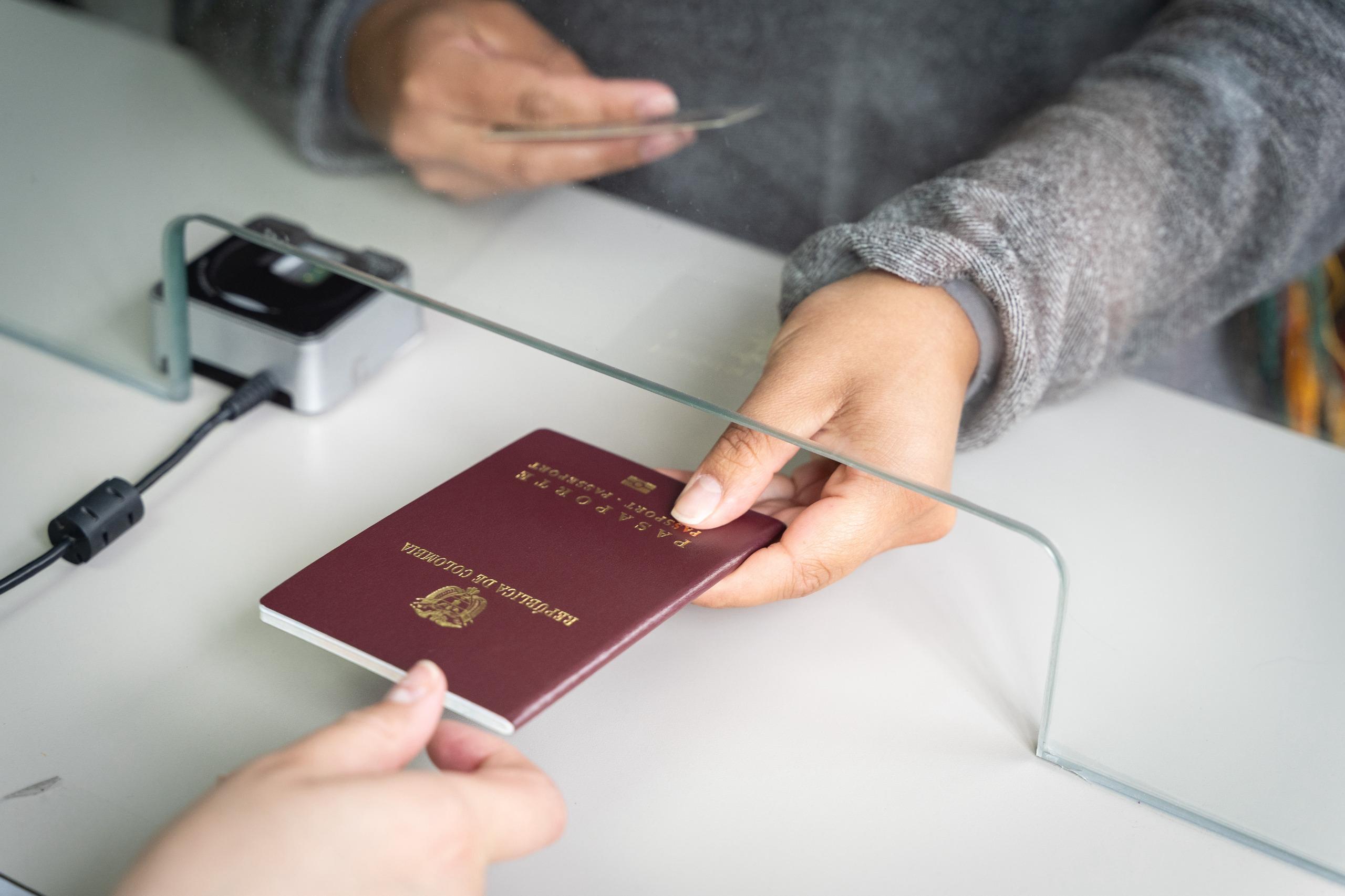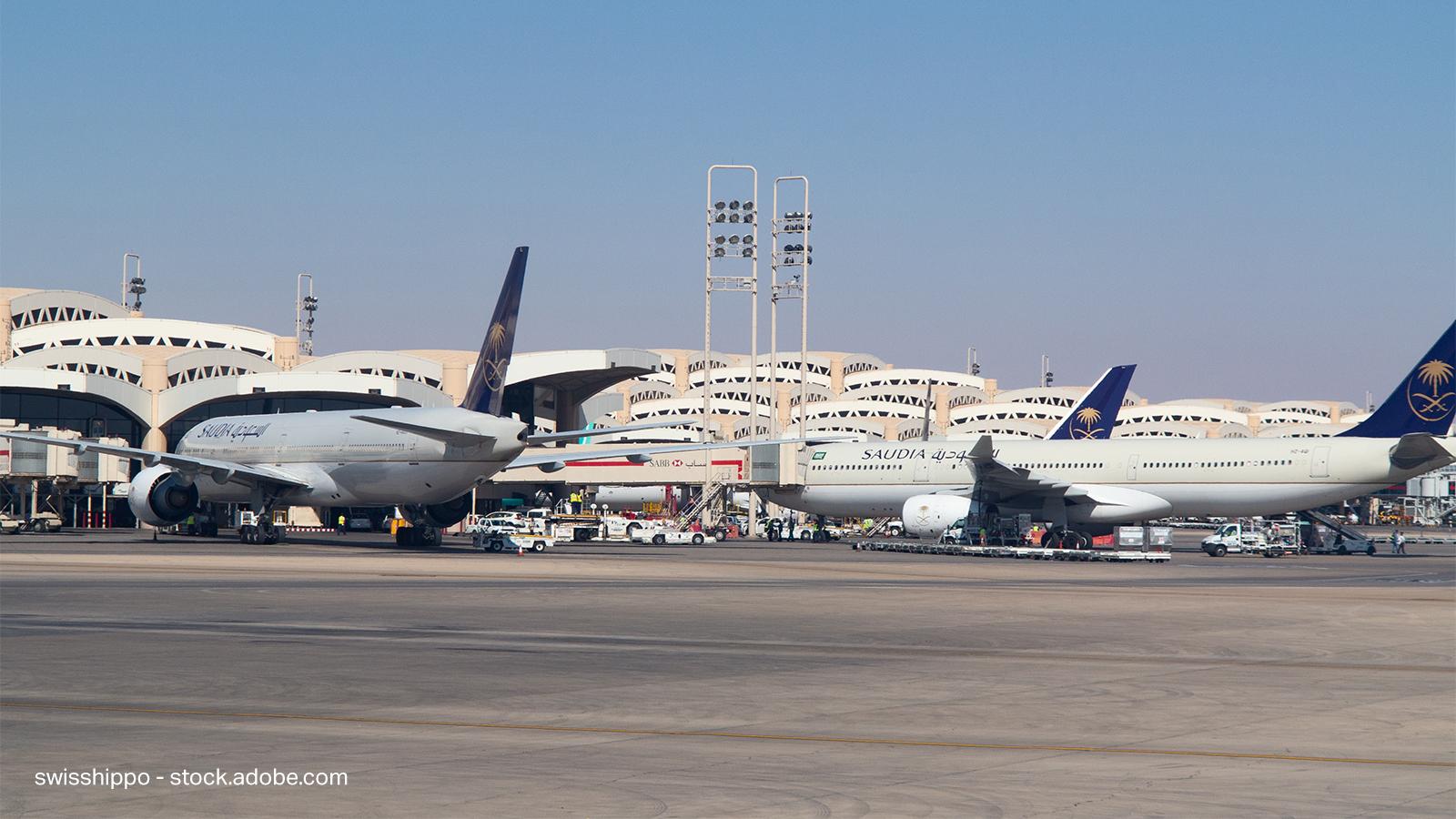
Airports are bustling crossroads where excitement and anxiety often collide. Whether you’re a frequent flyer or a first-time traveler, the goal is always the same: get through the airport without a hitch. Yet, each year, thousands of travelers are hit with unexpected fines or delays—often for infractions they never knew existed.
While most people focus on packing efficiently and arriving on time, few realize that some of the most common airport mistakes are buried in the fine print of customs and security regulations. Some rules are unique to specific countries, while others are universal but poorly publicized. Here are five lesser-known missteps that can result in fines—and how you can avoid them.
1. Overlooking the Need to Declare Expensive Personal Items

It’s easy to assume that your personal belongings—like a cherished necklace, a luxury watch, or high-end electronics—are yours to travel with, no questions asked. However, many countries require travelers to declare valuables above a certain threshold, usually around $10,000 (or the equivalent in local currency). This rule isn’t limited to cash; it covers jewelry, designer handbags, and even rare collectibles.
If you skip the declaration, customs officials may suspect you’re attempting to evade taxes or import duties, which can result in steep fines or even confiscation. In some countries, failing to declare can also mean lengthy questioning or missed connections.
Travel Tip: Before you leave, research the customs policies of both your departure and arrival countries. Keep receipts or appraisals handy, and use a secure travel case for valuables. Some countries allow you to pre-register your high-value items, making re-entry smoother.
2. Bringing Prescription Medication Without Proper Documentation

Medications that are perfectly legal at home could land you in trouble abroad. Many countries maintain strict controls on certain drugs, including common prescriptions for ADHD, anxiety, or even cold medicine containing pseudoephedrine. Japan, for instance, has a zero-tolerance policy for many over-the-counter and prescription medications, and Mexico restricts substances that are widely available elsewhere.
Travelers have been fined, detained, or had their medicines confiscated for not carrying the right paperwork. In some cases, you may even be denied entry if you can’t prove your medication is for legitimate personal use.
Travel Tip: Always carry prescriptions in their original packaging, along with a doctor’s letter (preferably translated into the language of your destination) stating your diagnosis and the necessity of the medication. Check embassy websites for up-to-date lists of restricted substances, and ask your doctor about alternatives if your medication is banned.
3. Carrying Large Amounts of Cash or Undeclared Valuables

You might think it’s safer to travel with cash, but carrying large sums—typically over $10,000—without declaring it can trigger suspicion of money laundering or other illegal activities. This rule applies not only to physical currency but also to monetary instruments like traveler’s checks, and sometimes even to valuable goods such as electronics or luxury items.
If you’re caught with undeclared cash or valuables, authorities can impose hefty fines, seize your funds, or delay your travel plans for hours of questioning.
Travel Tip: If you must travel with significant amounts of cash or valuables, fill out the customs declaration forms honestly. Keep proof of origin for expensive items, and consider using secure travel wallets with RFID protection to safeguard your money and documents.
4. Packing Everyday Items That Are Prohibited Abroad

What seems like a harmless item at home could be strictly forbidden elsewhere. Drones, self-defense sprays, certain books, and even innocuous foods or spices can get you into hot water. For example, drones are banned in Morocco, and pepper spray is illegal in many Asian and European countries. Even printed materials—like maps that misrepresent borders or politically sensitive literature—can result in fines or confiscation.
Food items, especially those containing animal products or seeds, are also commonly restricted due to agricultural regulations.
Travel Tip: Before you pack, check the customs and border protection websites for every country you’ll visit or transit through. Make a checklist of items that could be problematic. When in doubt, leave it out or declare it.
5. Neglecting Passport and Document Requirements

A valid passport is your ticket to the world, but even minor issues can derail your journey. Many countries require that your passport be valid for at least three to six months beyond your planned stay. Torn pages, faded photos, or water damage can also make your passport unacceptable, leading to denied boarding or entry.
Additionally, some destinations require extra documentation: visas, proof of onward travel, hotel reservations, parental consent forms for minors, or vaccination records.
Travel Tip: Double-check entry requirements for your destination and any countries you’ll transit through. Store your passport and documents in a waterproof, protective case, and keep digital backups. If you’re traveling with children, ensure you have all necessary permissions and supporting paperwork.
Final Advice: Preparation Is the Best Prevention
Most airport fines and delays stem from simple misunderstandings or lack of information—not deliberate wrongdoing. Regulations can change quickly, and what’s allowed in one country may be strictly prohibited in another. Before you fly, spend a few extra minutes researching not only your airline’s rules but also the customs and entry requirements for each country on your itinerary.
When in doubt, consult official government sources or ask your airline for guidance. A little preparation can save you from costly fines, stressful delays, and ruined travel plans.
Safe travels, and may your next airport experience be smooth and hassle-free!




.jpg)

 – 14,763 feet (1).jpg)




.png)









.jpg)







.jpg)








.jpg)




.jpg)